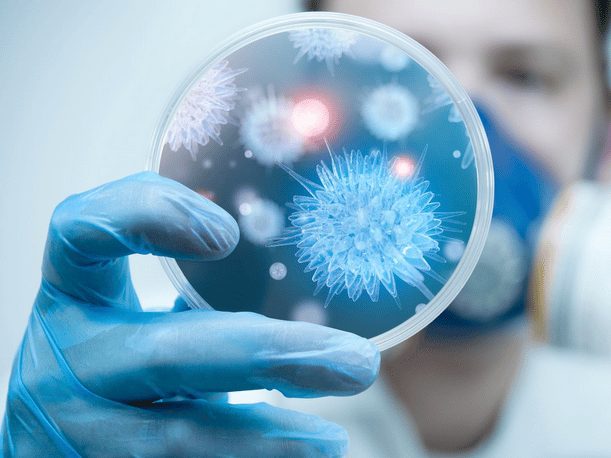Source: Robert Bragg, Charlotte Boucher-van Jaarsveld, Samantha Mc Carlie The Conversation, 28 February 2021, photo credit: Nyco Products
COVID-19 has had a significant impact on our lives. One effect that could yet be seen might be the development of bacterial resistance to disinfectants, as a result of the overuse of substandard disinfectants.
SARS-CoV-2 – the virus that causes COVID-19 – is susceptible to most disinfectants, including those containing 70% alcohol. As a result the manufacture and sale of “hand sanitisers” has become big business in the COVID-19 era. Hand sanitising is a key public health intervention and is encouraged in all public spaces. There is, unfortunately, very little control of the quality and efficacy of many of these hand sanitisers. These products are ubiquitous. Many of these “hand sanitisers” are in unlabelled bottles with no traceability.
But the increased use of disinfectants can have an unintended consequence. It could allow for the development of bacterial strains which are resistant to these disinfectants.
A team of the veterinary biotechnology research group at the University of the Free State in South Africa is working to understand the mechanisms of resistance to disinfectants. Our findings suggest that many of the mechanisms that bacteria use to become resistant to antibiotics are also used to develop resistance to disinfectants.
Read more
The South African Pork Producers’ Organisation (SAPPO) coordinates industry interventions and collaboratively manages risks in the value chain to enable the sustainability and profitability of pork producers in South Africa.
















